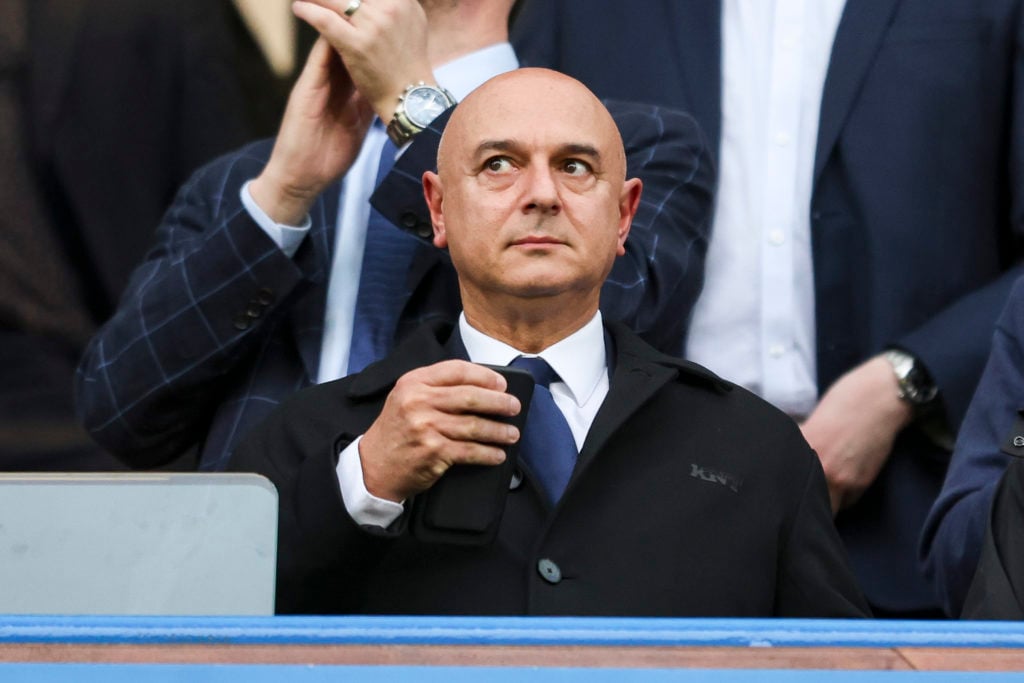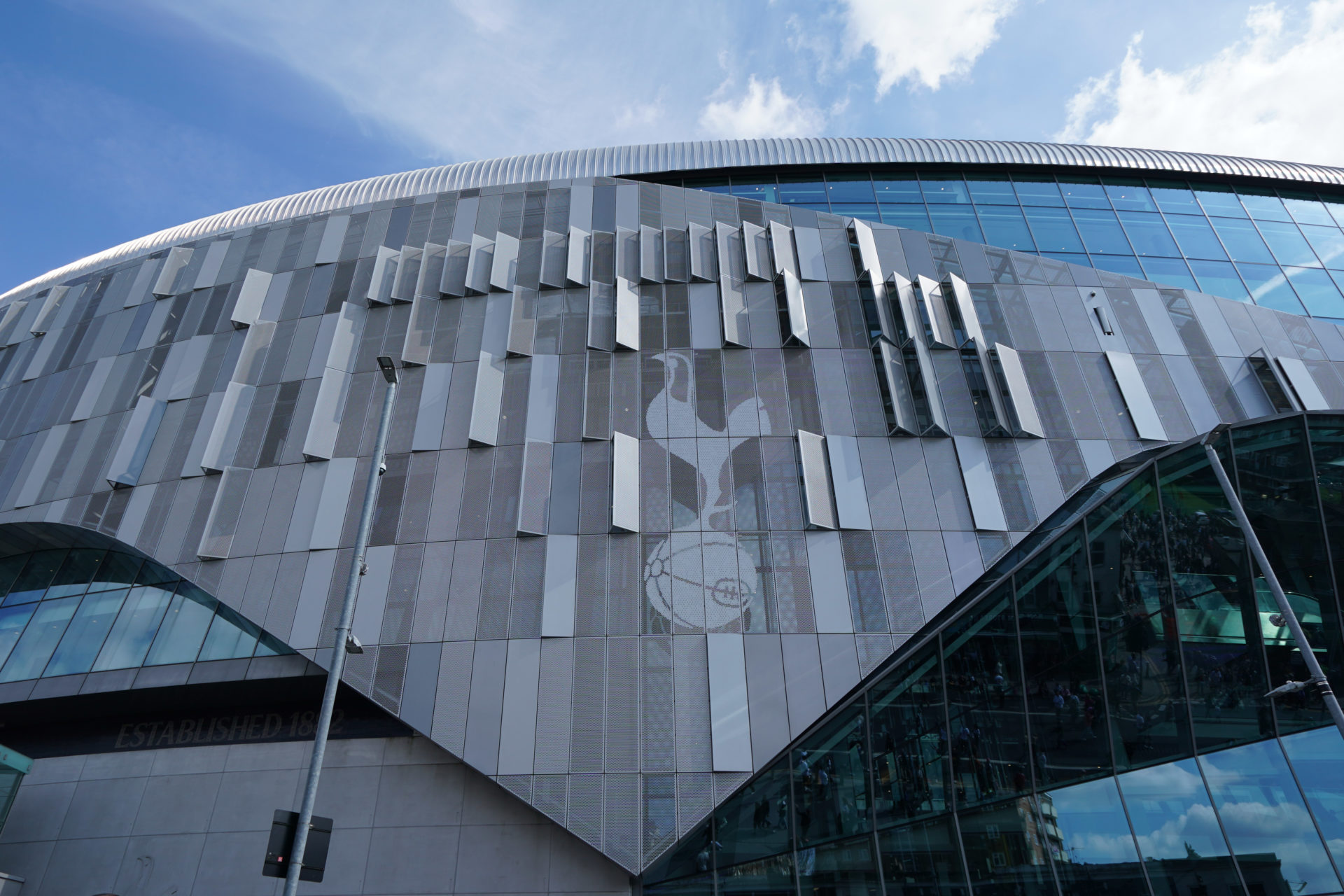Daniel Levy and his ENIC colleagues are looking to sell a stake in Tottenham, who those in finance circles suggest represent one of the most attractive investment prospects in football.
By Premier League standards, Tottenham are in the bottom half when it comes to the combined net worth of their owners.
The family of former owner Joe Lewis, who ceased to be a person of significant control at Spurs following his conviction for insider trading earlier this year, are worth about £4.9bn.

Lewis’s trust control around 60 per cent of the club’s equity, while Levy owns approximately 25 per cent and other shareholders about 15 per cent.
While gearing up to sell a minority stake of around 10-15 per cent, Spurs have valued themselves at an mind-melting £3.75bn.
That means ENIC and Levy would get a 7,500 per cent return on the circa £50m they originally invested to take control of the North London club if they were to seek a full sale.
Spurs have enlisted the Rothschild bank and have spoken to potential investors, although nothing concrete has emerged since they made their search for investment official earlier this year.
“To continue to invest in the teams and undertake future capital projects, the club requires a significant increase in its equity base,” the club has said.
But what profile of investor might be prepared to take a chunk of equity in the club when? The latest analysis sheds some light.
US interest in Premier League clubs waning, but several groups remain keen
The Premier League acquisitions market is saturated at present.
As well as Everton in the midst of a full takeover, Brentford, Crystal Palace, Wolves, West Ham and Spurs are all looking to sell minority stakes to raise capital.
One sector frequently linked with investment in the Premier League and in professional sport in general in recent years is American private equity.
Private equity firms took advantage of low interest rates during the pandemic and some of the industry’s biggest names have now taken over football clubs.
However, a recent report from Bloomberg‘s David Hellier suggests that private equity’s interest in Premier League clubs is declining.
A number of factors – ranging from ‘irrational competitors like Todd Boehly’ to inflated enterprise values – are said to have turned many PE firms away from investing in football’s biggest league.
One private equity group that remains keen, however, is Ares Management.
Ares attempted to finance a third-party deal to buy Man United last year and have lent capital to Crystal Palace’s Eagle Football Holdings and Chelsea, as well as owning a stake in Atletico Madrid.
Ares have close to £300bn worth of assets under management, making the Los Angeles-headquartered institution nearly twice as rich as controversial Tesla billionaire Elon Musk.
Speaking to Bloomberg, Ares’ partner and co-head of its sports, media and entertainment strategy Mark Affolter said: “We believe in the long-term value and growth potential of the English Premier League.”
Their stance indicates that there will still be private equity interest in Spurs.
Who could buy a stake in Spurs?
Private equity investment in Spurs may be slightly less likely in light of the news that NFL clubs are likely allow PE firms to buy up to 10 per cent of their franchises soon.
Many investors see franchise sport, with its fixed costs and closed-shop system, as a more reliable investment than football, where relegation or failing to qualify for Europe can decimate bottom line.

That said, four groups have been loosely linked with a Spurs takeover or part-takeover in recent years: MSP Sports Capital, Liberty Media and a consortium led by the rapper Jay-Z, and a sovereign wealth fund.
Perhaps some of these reports are more credible than others, but they do demonstrate that there is interest in a club like Spurs, with ready-made infrastructure and a maturing commercial operation.
Related Topics

Robert Johnson is a UK-based business writer specializing in finance and entrepreneurship. With an eye for market trends and a keen interest in the corporate world, he offers readers valuable insights into business developments.








